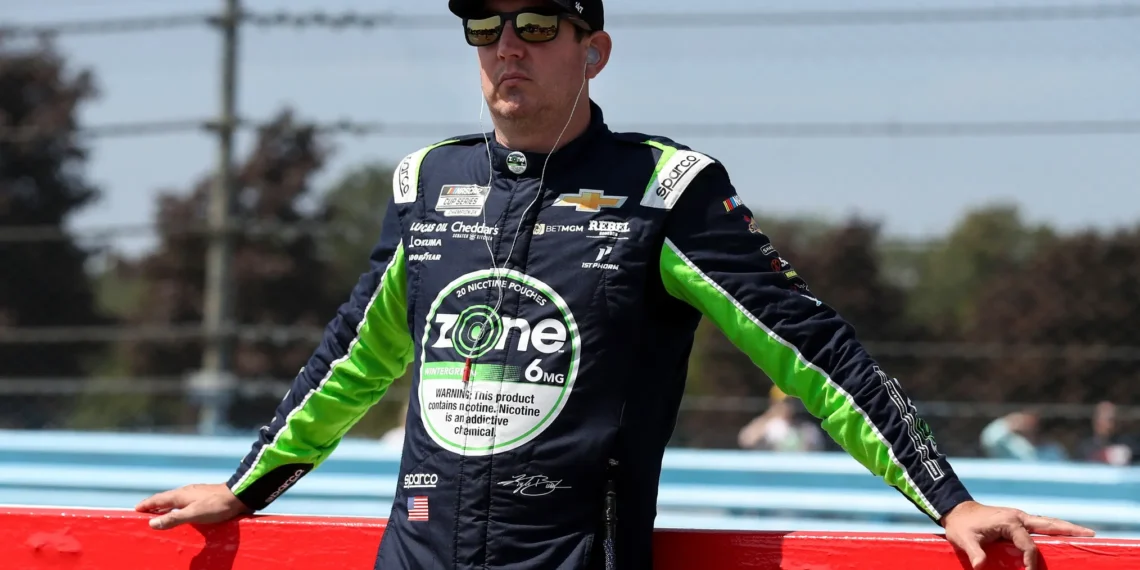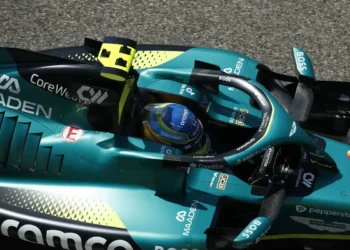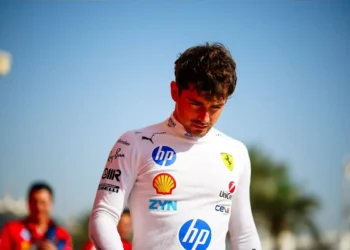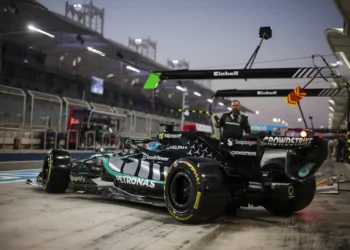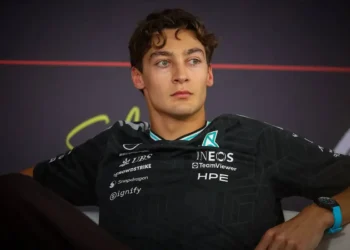Kyle Busch Confronts Harsh Reality: Road Course Domination Slips Away as New Generation Rises
In a stunning revelation, NASCAR superstar Kyle Busch has openly admitted to his struggle to reclaim his former glory on road courses, a territory where he once reigned supreme. It has been a staggering stretch of 79 races since he last tasted victory on these challenging tracks, with his last win at Sonoma in 2015 marking the twilight of his dominance. Once hailed as the undisputed king of the twisty layouts, Busch now finds himself overshadowed by a new breed of road-course specialists who have transformed the competitive landscape of NASCAR.
The 2025 season has been a harsh reminder of the relentless evolution of the sport. Busch’s grip on road-course racing has weakened as formidable challengers like Shane van Gisbergen have emerged, showcasing a level of skill that has left even seasoned veterans struggling to keep pace. In a candid interview, Busch lamented the shift in dynamics: “Years ago, you used to have the road course ringers… they would never really fare very well. Now you have road course regulars that are super good at the road courses, and they also run full-time… those are the guys that legit have a great shot at being able to come out here and score the victory.”
As he reflected on his illustrious past—two wins apiece at both Sonoma and Watkins Glen—there was a palpable mix of pride and disappointment in his voice. Busch reminisced about an era devoid of the “road course dogs” that now populate the field, emphasizing the stark contrast to today’s competition where full-time drivers have honed their skills on left-and-right circuits, consistently challenging for supremacy.
The emergence of young talents like Tyler Reddick, Christopher Bell, and Michael McDowell illustrates the new era Busch is battling against. These drivers have not only proven their mettle but have also redefined what it means to be competitive on road courses. With the likes of Shane van Gisbergen—who shocked the world by winning on his debut at the 2023 Chicago Street Course—this new generation embodies a blend of youth and data-driven precision that is reshaping the sport.
“I give them a lot of credit for the skill that they have,” Busch acknowledged, a hint of nostalgia in his tone as he expressed a desire to be closer to the front in those crucial closing laps. His last victory on a road course feels like a distant memory, and the reality is stark: the battle is no longer against part-time ringers, but against a field of full-time competitors who have been honing their craft since childhood.
The “SVG Effect” is undeniable and here to stay. Van Gisbergen has solidified his status as a formidable force in NASCAR, clinching multiple wins in his rookie season and recently extending his contract with Trackhouse Racing. His performance has been nothing short of extraordinary, and as team owner Justin Marks noted, van Gisbergen’s rapid adaptation to both road courses and ovals has set the stage for even greater accomplishments.
In stark contrast, Kyle Busch’s team, Richard Childress Racing, has struggled to find consistency in 2025. With only two top-5 finishes to their name, both from Busch himself, the numbers reflect a stark decline from the apex of performance that Busch once enjoyed. Despite flashes of potential—a promising start with three top-10s in the early races—the shadow of a winless drought looms larger than ever.
As the playoffs approach, the pressure mounts, and the frustration of a barren victory lane weighs heavily on Busch’s shoulders. The landscape of NASCAR road-course racing has irrevocably changed, and the former champion is left grappling with the stark reality that the youth and skill of today’s drivers may have finally eclipsed his once-unassailable prowess. The question remains: can Kyle Busch summon the tenacity and skill that once made him a legend, or will he continue to be eclipsed by the new wave of NASCAR specialists? Only time will tell.

